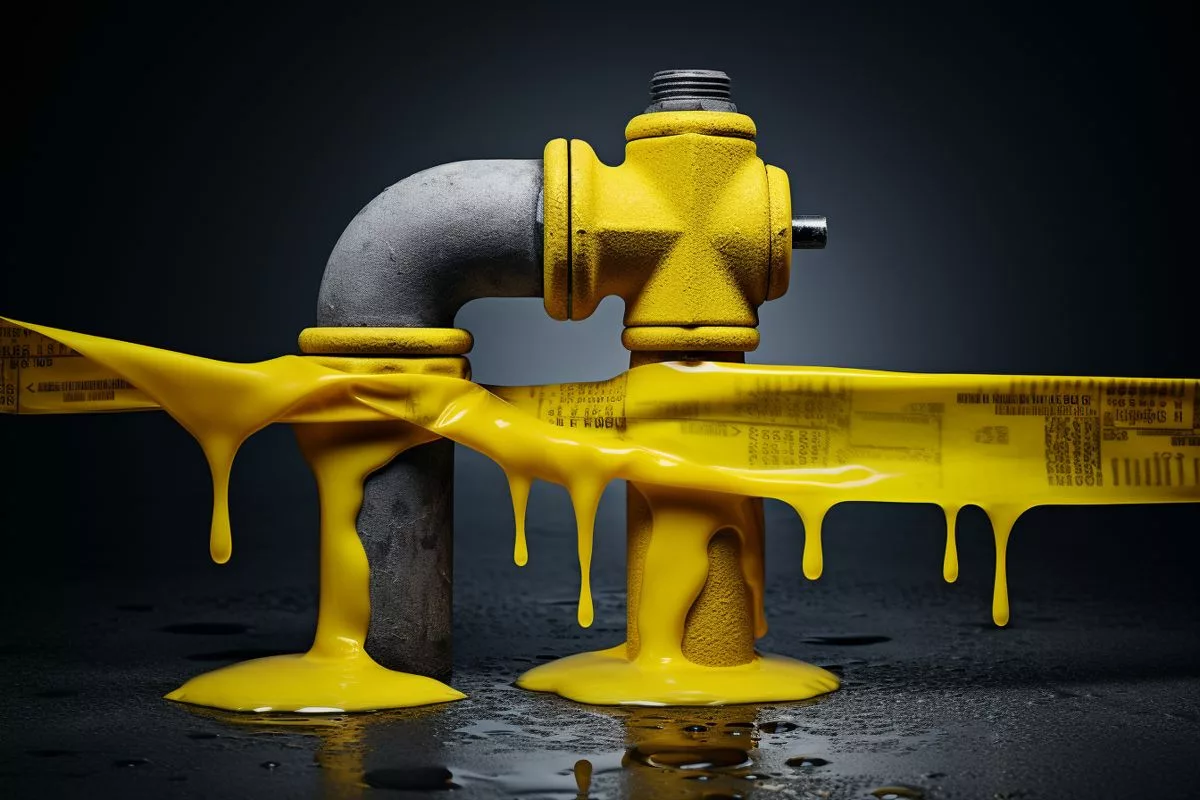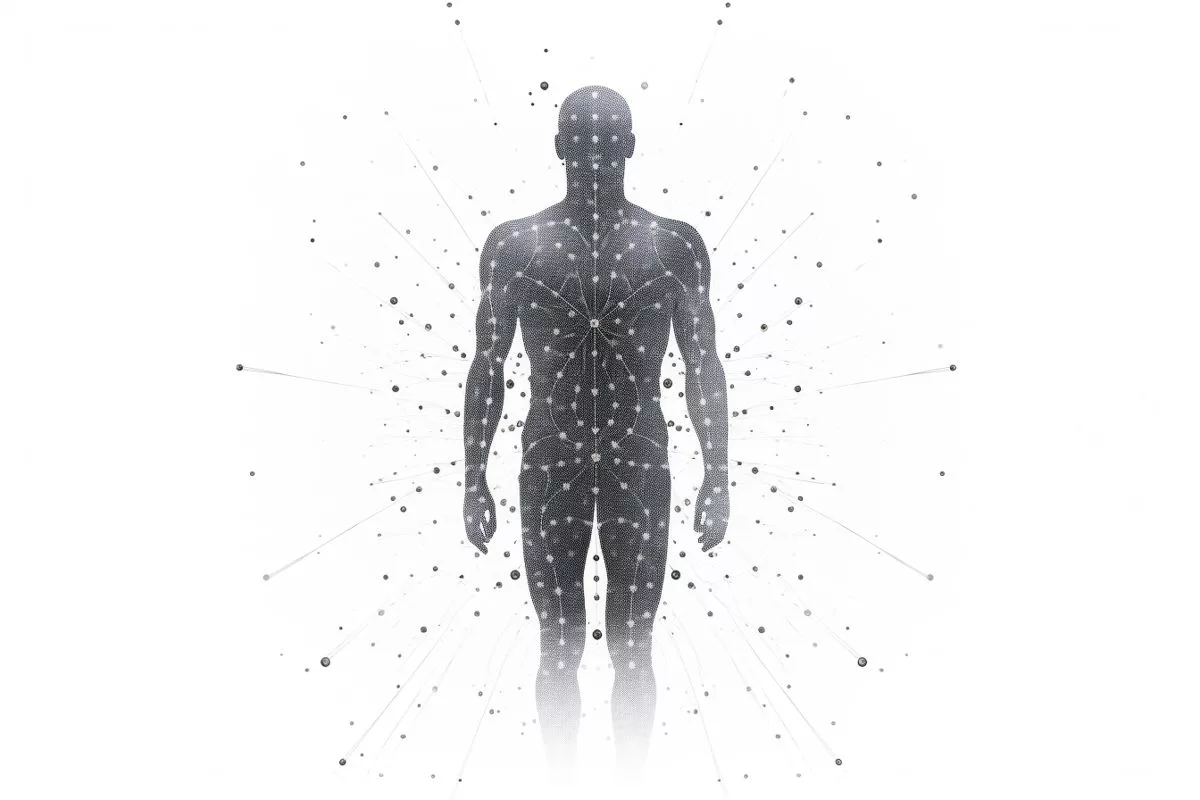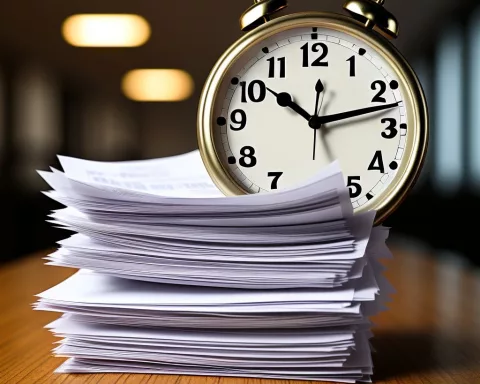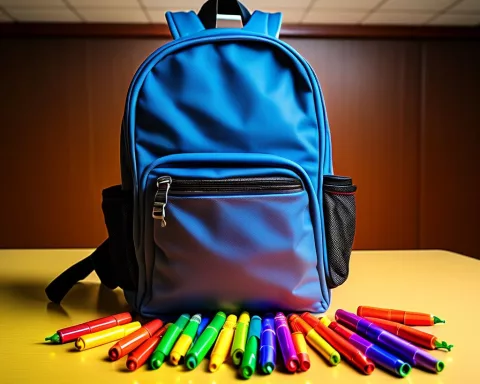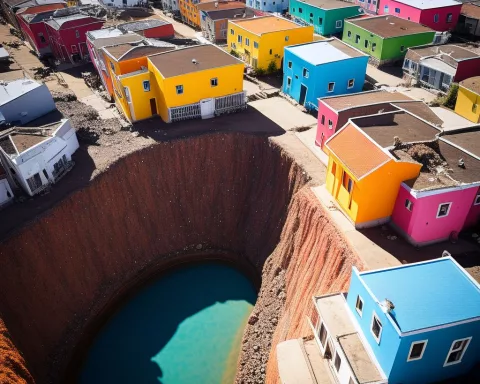South Africa is facing a water crisis, with nearly half of all water supply systems posing health risks due to bacterial contamination and over 47% of clean water lost through leakage. The country’s water infrastructure urgently needs an additional 400 competent individuals to manage the deteriorating systems. With a dire need for skilled personnel to operate state-of-the-art facilities and mitigate human health risks, immediate steps must be taken to improve the poor quality of drinking water and increase monitoring and accountability.
South Africa’s drinking water quality is on a downward trajectory, with nearly half of all water supply systems posing significant health risks due to bacterial contamination. Over 47% of all clean, treated water is lost through leakage, and 67.6% of wastewater treatment plants are on the brink of collapse. The country’s water supply systems urgently require an additional 400 competent individuals, equally divided between technical staff and scientists, to manage the deteriorating infrastructure, inadequate chemical purification, and lack of monitoring. Immediate steps must be taken to mitigate the human health risks involved.
The Quality and Infrastructure of South Africa’s Drinking Water
The recent Blue Drop Audit Report from South Africa’s Department of Water and Sanitation has spotlighted the concerning decline in South Africa’s drinking water quality and the fragile state of the country’s water infrastructure. The report, designed to hold water service authorities accountable for the provision of safe drinking water, paints a troubling image of the country’s water sanitation scenario.
South Africa’s potable water quality has been found to be on a downward trajectory. The report points out that nearly half of all water supply systems pose significant health risks to humans due to bacterial and other pathogenic contamination of the drinking water supply. The report further exposes that a shocking 67.6% of wastewater treatment plants are on the brink of collapse.
In addition, the frightening reality is that over 47% of all clean, treated water is lost through leakage, with a considerable portion unaccounted for. The Blue Drop Risk Rating, a tool that measures significant risk areas within water services, showcases a slight drop in overall risk from 52.3% in 2022 to 47.15% in 2023. Nevertheless, this minor improvement, largely due to some water supply systems moving forward from high or critical risk category to medium or low, is far from a reason to rejoice.
The Current State of South Africa’s Water Supply Systems
The disconcerting truth is that for a water supply system to achieve Blue Drop certification, it must meet 95% of the criteria for delivering clean, drinkable water, a milestone achieved by a mere 26 of South Africa’s 958 water supply systems. The report also discovered a worrying number of water supply systems operating close to, or beyond, their design capacity. These factors, combined with the severe lack of monitoring and compliance, make problem-solving almost unattainable since the full scale of the issues remains unknown.
For the populace, a “poor and critical” rating for their water supply systems can have dire consequences. The report highlights 23 areas in the country where water supply systems fall into this category. In these regions, almost half of all water supply systems fail to meet microbiological standards. As a result, drinking water is contaminated with sewage and bacteria, and harmful organisms such as Legionella and Cyanobacteria flourish in piped water systems or water sources, leading to grave health risks.
Water-borne diseases that can result from such contamination include gastro illnesses, with diarrhea being the primary symptom, as well as cholera, dysentery, hepatitis A, and typhoid. Even worse, the report underscores that over half of the country’s municipalities do not inform water users when they find out that the water supply has been contaminated. This lack of transparency threatens citizens with the risk of unknowingly consuming polluted water, which may have severe health implications.
The Dire Need for Competent Management and Technical Capacity in South Africa’s Water Systems
The deteriorating condition of water plants can primarily be attributed to a deficit of technical and managerial capacity and competence. South Africa’s water supply systems urgently require an additional 400 competent individuals, equally divided between technical staff and scientists. A troubling 67% of water treatment works staff had no training at all during the audited period, further highlighting the grim state of water quality monitoring in the country.
Deteriorating infrastructure, inadequate chemical purification, lack of monitoring, and a shortage of operating and chemistry knowledge and skills are among the issues afflicting the country’s water systems. Adding to these problems are the non-payment of contractors, laboratories, and service providers, as well as vandalism and theft.
The report estimates that an astonishing R1.5 billion (US$79 million) is needed to solve these problems. However, the priority should be on enhancing technical and managerial capacity and competency. A state-of-the-art facility is meaningless without skilled and experienced personnel to operate it. Immediate steps must be taken to improve the poor quality of drinking water, increase monitoring and accountability, and mitigate the human health risks involved.
The Urgent Need for a Comprehensive Solution
Situations like the tragic cholera outbreak in Hammanskraal in South Africa’s Gauteng province, which took 31 lives in May 2023, should serve as a wakeup call. It’s crucial to audit the finances of these failing water supply systems to identify and correct the misuse of funds.
In light of such a water crisis, South Africa cannot afford to keep investing in failing systems without making significant progress towards improvement and compliance with set standards. The nation must urgently prioritize its water issues to prevent an imminent public health catastrophe and ensure the supply of clean, safe drinking water for its citizens.
1. What is the current state of South Africa’s drinking water quality?
South Africa’s drinking water quality is on a downward trajectory, with nearly half of all water supply systems posing significant health risks due to bacterial contamination. Over 47% of all clean, treated water is lost through leakage, and 67.6% of wastewater treatment plants are on the brink of collapse.
2. How many water supply systems have achieved Blue Drop certification in South Africa?
For a water supply system to achieve Blue Drop certification, it must meet 95% of the criteria for delivering clean, drinkable water, a milestone achieved by a mere 26 of South Africa’s 958 water supply systems.
3. What are the consequences of a “poor and critical” rating for water supply systems?
In regions where water supply systems fall into the “poor and critical” category, almost half of all water supply systems fail to meet microbiological standards. As a result, drinking water is contaminated with sewage and bacteria, leading to grave health risks such as gastro illnesses, cholera, dysentery, hepatitis A, and typhoid.
4. What is the cause of the deteriorating condition of water plants in South Africa?
The deteriorating condition of water plants can primarily be attributed to a deficit of technical and managerial capacity and competence. South Africa’s water supply systems urgently require an additional 400 competent individuals, equally divided between technical staff and scientists.
5. How much money is needed to solve South Africa’s water crisis?
The Blue Drop Audit Report estimates that an astonishing R1.5 billion (US$79 million) is needed to solve the problems plaguing South Africa’s water systems.
6. What is the urgency of addressing South Africa’s water crisis?
The urgency of addressing South Africa’s water crisis is highlighted by the tragic cholera outbreak in Hammanskraal in Gauteng province, which took 31 lives in May 2023. The nation must urgently prioritize its water issues to prevent an imminent public health catastrophe and ensure the supply of clean, safe drinking water for its citizens.


